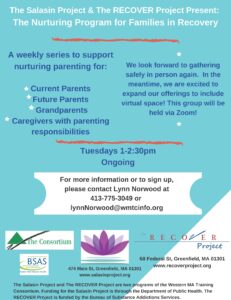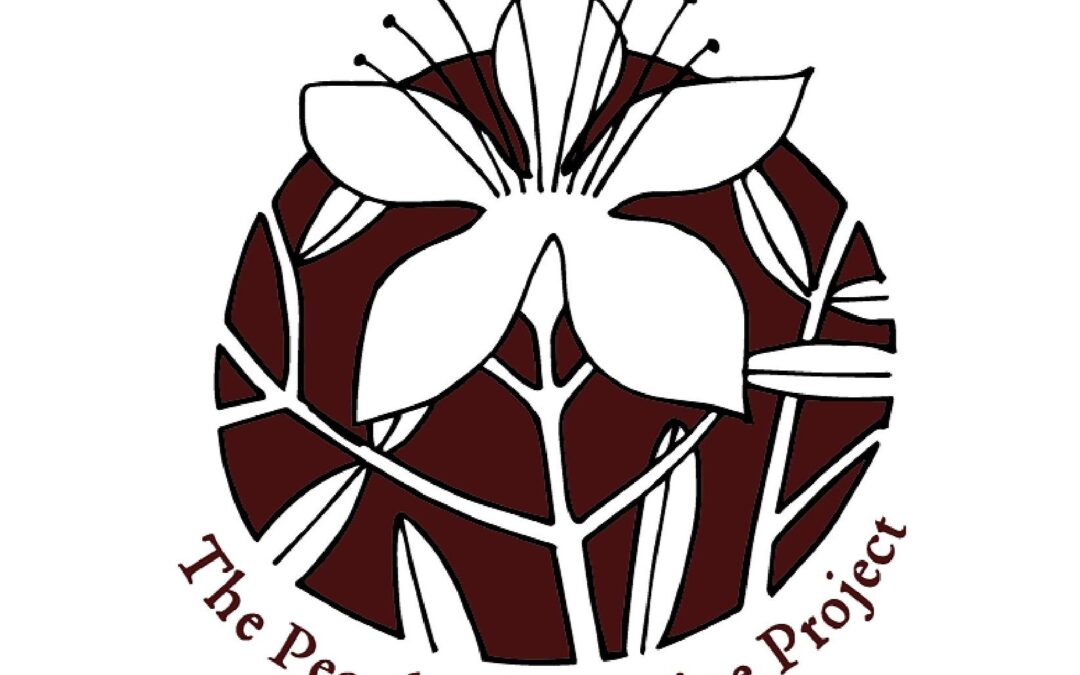FOR IMMEDIATE RELEASE
Contact: Mary Kate Farley
The Consortium
(413) 536-2401 x5511
[email protected]
Local Web Design Business Gives Back to Franklin County Community
During the holiday season, Common Media of Greenfield gifts gracious donation to the Consortium
HOLYOKE, MA January 25, 2021 – The Western Massachusetts Training Consortium is pleased to announce it has received a generous donation from Common Media, a web design and communications business based out of Greenfield. Common Media chose the Consortium alongside several other local non-profits to support in the Franklin County area. Their contributions to Western Massachusetts non-profits uplift crucial, mission-driven work throughout the region at a time when it’s most needed.
Kristi Ceccarossi, the CEO and co-owner of Common Media, described in an interview what inspired them to donate. Originally based in Hadley, Ceccarossi and her business partner Gabe Smith moved the business to Greenfield to feel like they were rooted in a community. “Part of our beliefs around this work is that being human is about being in community […] [W]e feel like it’s really important for us to be an active participant in whatever way we can.” With the needs of Franklin County residents close to their hearts, particularly surrounding substance use and recovery, Ceccarossi and Smith identified several impactful non-profits to share their success with.
When asked what motivated Common Media to support the Consortium, Ceccarossi noted how much she appreciated “the sort of 360 approach that I feel like the Consortium has. It’s not enough to just treat recovery this one way, you need to bring in the full circle of support. […] We’re very lucky that we have people who think that way in our community and who are so organized around those principles.
“[T]he Consortium’s work, sort of the spectrum of the work, is really inspiring.”
Beyond financial donations, Common Media seeks to connect with mission-driven projects to offer inclusively designed, human-centered web services. “[W]e’re here, and we’re interested in finding ways that we can plug into the work that other people are already doing and support it.”
Their donation will contribute to the incredible work of local Consortium-supported communities such as the RECOVER Project, Salasin Project, People’s Medicine Project, the Support Network, and the Greenfield center of the Wildflower Alliance (previously Western Mass Recovery Learning Community).
Interested in contributing? Check out the Consortium’s Network for Good donation page, where you can designate your donation to a community that speaks to you: https://donatenow.networkforgood.org/theconsortium
The Consortium, founded in 1975, is a learning organization committed to creating conditions in which people with lived experience pursue their dreams and strengthen our communities through full participation. To learn more, visit their website at http://wmtcinfo.org.




